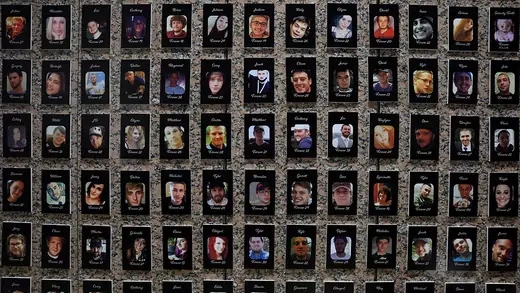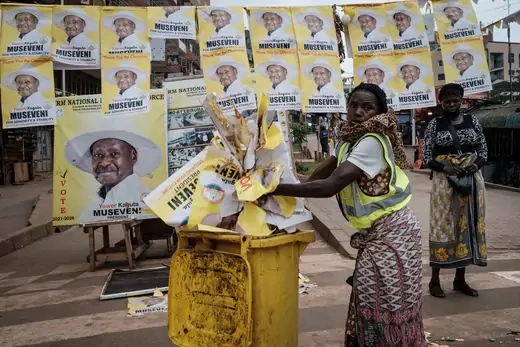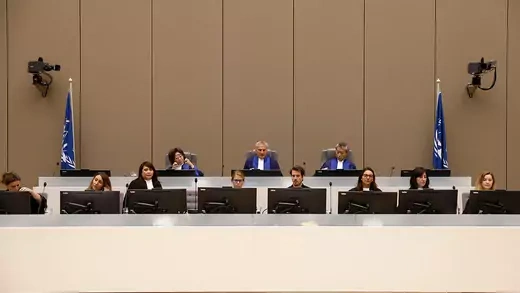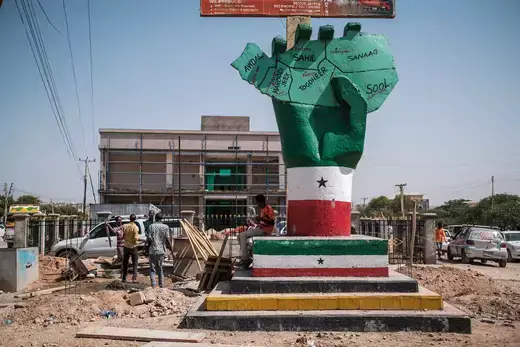October 30, 2025
Public Health Threats and PandemicsOpioid addiction has become one of the United States’ biggest killers, endangering public health, the economy, and national security. But closing the floodgates on fentanyl poses a significant foreig…

November 3, 2025
Refugees and Displaced PersonsThe United States has long been considered a safe haven for refugees from around the world, but this could change in light of the Trump administration’s efforts to reshape the country’s decades-old r…

January 12, 2026
Climate RealismThe U.S. Congress has rejected extreme cuts in the federal energy research and development (R&D) budget proposed [PDF] by the Trump administration for fiscal year 2026 (FY26). The new budget, combi…

September 16, 2025
HealthThe federal agency has a broad mandate to protect Americans’ health and an expansive global reach. Massive government shake-ups are now testing the strength of the organization.

August 26, 2025
Sub-Saharan AfricaSub-Saharan Africa is home to many of the world’s longest-ruling heads of state. Pro-democracy advocates have at times successfully stopped presidents from extending their mandates, but the authorita…

July 9, 2025
United StatesTemporary Protected Status has long been used as a humanitarian solution for migrants who are unable to return home safely. President Trump’s renewed efforts to scale back such programs have further …

November 16, 2023
JapanItochu Corporation Managing Executive Officer Chino Mitsuru Claire shares about her path to corporate leadership.

July 28, 2025
United StatesPresident Trump’s renewed focus on militarized enforcement of the southern U.S. border has recentered national security in the debate over U.S. asylum, border, and deportation policies.

March 27, 2025
International Criminal CourtThe International Criminal Court was created to bring justice to the world’s worst war criminals, but debate over the court still rages.

January 21, 2025
SomaliaThe would-be independent state stands in contrast to Somalia as a place of relative stability, and despite its lack of international recognition, Somaliland continues to push its own foreign policy.
